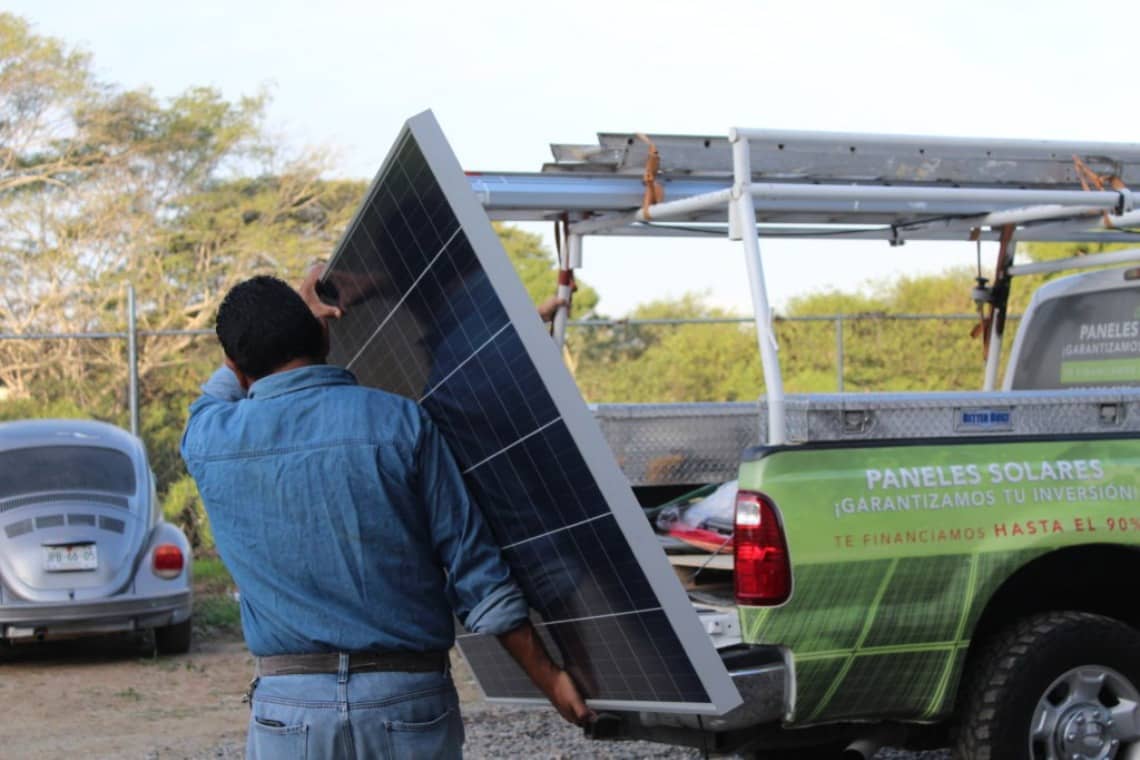

1. One hour of sunlight equals one year of energy for the entire Earth:
Yes, that is correct? There is a lot of electric juice from the sun. Solar power starts with solar energy, which is energy produced by the sun that can be stored in solar panels and is the most abundant energy source available on Earth.
In just one hour, actually from direct sunlight, it could harvest enough energy to generate a year's power for the entire planet, whether it's photovoltaics (used for electricity) or solar thermal energy (used for heating).
Everything You Need it is a conduit, also known as solar panels, for them to transform energy from point A (the sun) to point B (electricity your home can use) to power all of your home's energy requirements.
Yes, it's that easy.
2. Solar panels can produce energy without direct sunlight:
It may be surprising to some, but even though the sun is the most abundant energy source for solar panels to absorb and convert into power, it doesn't have to be direct sunlight.
In fact, Solar panels use the energy of daylight, as opposed to sunlight, to produce electricity, so the panels don't need direct sunlight to work. Due to this, and due to the fact that solar panels have the ability to capture different parts of the sunlight spectrum, therefore, if the sun is not directly shining on the panels, or if it is a cloudy day, it does not mean that the hues reflected from the sky are not being captured and used by the solar panel cells to produce power.
3. A solar powered home can reduce CO2 emissions by 100 tons within 30 years:
Because solar power translates to clean energy production, you can significantly reduce your carbon footprint by installing a solar home energy system. Basically, this means you're not emitting the same pollution that other energy sources typically produce.
An interesting fact is that the average US home using a solar power system would reduce emissions by about eight pounds of sulfur dioxide, five pounds of nitrogen oxide, and more than 1,400 pounds of carbon dioxide each month.
4. Investing in solar energy can pay for itself:
It is well known that the initial price of the installation at face value can be a lump sum, however, you should think about the total amount you save by investing in solar energy, that is where the value lies.
Think in the fact that after you have installed your solar panels, you will no longer have to pay a heating or electricity bill. Because of this, over time, the amount you save on your electricity bill will pay off your initial investment of installing a solar power system.
5. Installing solar energy can be a community effort:
Last but not least, the concept of shared solar is perfectly suited to the growing sharing economy that has increased in popularity in recent decades.

isabel suarez
February 11, 2020